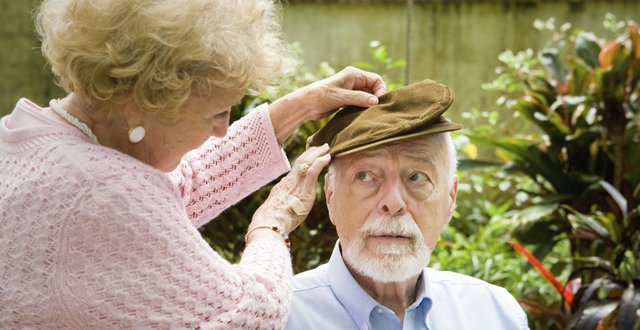Every September, World Alzheimer Month raises awareness and challenges the stigma that surrounds dementia. Internationally, two out of every three people (67 per cent) believe there is little or no understanding of dementia in their countries. The ‘Dementia: Understand Together’ campaign, led by the HSE in partnership with The Alzheimer Society of Ireland and Genio, has been working to increase awareness and understanding of dementia in Ireland since 2016, and recently released the results of a nationwide dementia survey conducted earlier this year.
<h3 class=”subheadMIstyles”>Survey</h3>
The survey of more than 1,000 adults offers a number of insights into changes in dementia awareness, understanding and attitudes among the population at large in Ireland since a similar survey was undertaken in 2016. The results highlight the success of the campaign and identify areas where additional work is needed. They also offer an insight into the impact and direction of the broader implementation of the <em>National Dementia Strategy</em>, published in 2014.
Early diagnosis of dementia is crucial so that people can access the appropriate services and supports and can help with making decisions about care and support for the future. More than three-quarters of respondents (78 per cent) understood the importance of being diagnosed early. However, a quarter (24 per cent) of respondents to the survey said that they would delay seeking help if they had concerns, highlighting that stigma and fear still exist as barriers to early diagnosis.
A visit to the GP is usually the first step for people who have concerns about their memory or cognition, with patients usually referred to a general outpatient clinic or a specialist memory clinic for further investigation.
A number of education programmes and resources have been developed to support GPs and members of the primary care team in this role and a dedicated primary care website — www.dementiapathways.ie — provides education, resources and signposting for clinicians. The National Dementia Office is also leading on a project which aims to develop a national diagnostic framework to ensure everyone has equitable and timely access to diagnostic services.
<h3 class=”subheadMIstyles”>Support</h3>
Receiving a diagnosis is only the first step for a person living with dementia and it is essential that there are post-diagnostic supports available immediately after diagnosis and throughout the course of the condition. While there are still gaps in the availability of post-diagnostic services nationally, a number of new initiatives are addressing this.
‘Memory technology resource rooms’ are being established around the country to provide information and advice on the assistive technologies that are available to support people living with dementia to continue to live as independently as possible. The project aims to establish one memory technology resource room in every county, and 23 rooms will be open by the end of the year.
A number of grants were recently awarded to facilitate the provision of cognitive rehabilitation, cognitive stimulation and psycho-educational programmes around the country as part of a post-diagnostic support project being led by the National Dementia Office. The project is working towards the development of a national post-diagnostic support framework, which will provide guidance on the pathway of care after a diagnosis. In addition, The Alzheimer Society of Ireland provides a highly responsive and individualised information and signposting service through a network of dementia advisors who cover 11 counties nationally.
Over half of respondents (52 per cent) in the survey were aware that there are things they can do to potentially reduce their dementia risk — up from 46 per cent previously. Healthcare providers play an important role in highlighting the importance and benefits of staying physically, mentally and socially active, not only for general health, but as strategies for reducing the risk of developing dementia.
While health and social care services play an integral role in supporting a person with dementia and their families, a ‘whole-society’ approach is needed to ensure the person can live as well as possible, for as long as possible. Increasing understanding and reducing stigma is needed for this, and the results of the survey show progress, in that one-in-three (33 per cent) respondents described themselves as knowing a lot about the disease — up from 24 per cent in January 2016. Over half of respondents (52 per cent) recognised that people with dementia participate in a wide variety of activities and interests, and three-in-five people (59 per cent) who saw the ‘Dementia: Understand Together’ TV campaign said that they were impacted in some way as a result of the personal stories featured.
<h3 class=”subheadMIstyles”>Next phase</h3>
The next phase of the ‘Dementia: Understand Together’ campaign is building on this increased understanding, creating inclusive communities, empowering individuals, businesses and service providers to raise awareness and take action to support people living with dementia and their families. The campaign is calling on people to become ‘Community Activation Champions’ and information, resources and supports are available at www.understandtogether.ie.












Leave a Reply
You must be logged in to post a comment.